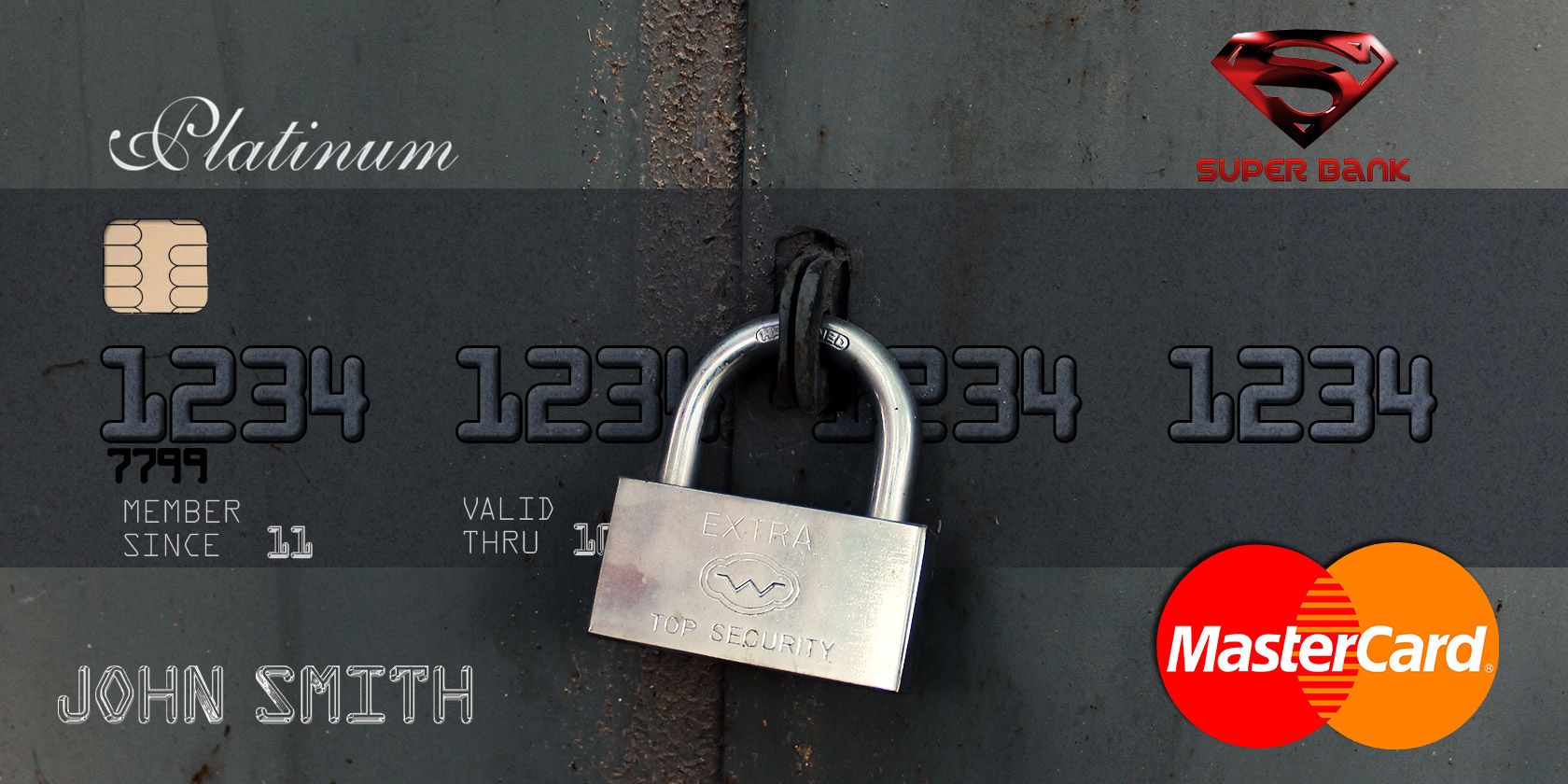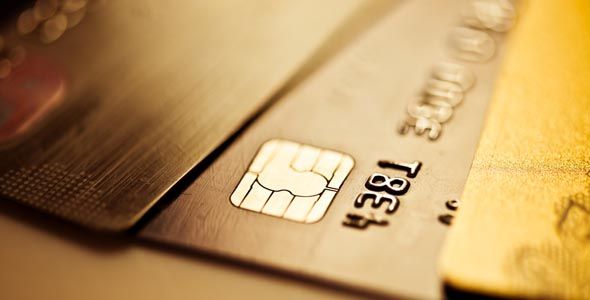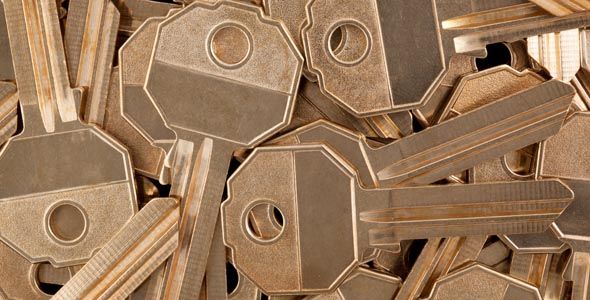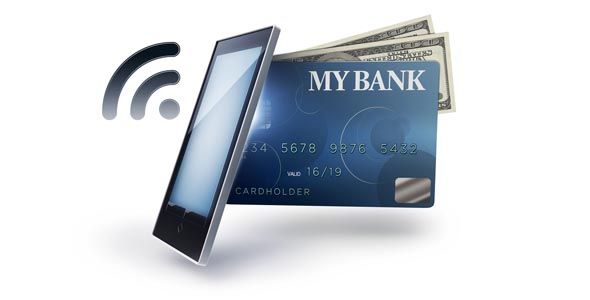It seems like with every passing year, the Internet flares with more talk about privacy, security, and how to protect oneself from the dangers that creep in from every nook of the web. We've covered topics ranging from email security tips to privacy mistakes to avoid and security myths that just aren't true. Most of these deal with your online security, but did you know that your offline security might be in jeopardy as well?
As the Internet becomes increasingly intertwined with our day-to-day lives thanks to the prevalence and ubiquity of mobile phones, it only makes sense that the entirety of our lives will eventually come under threat. Right now we're relatively safe, but there are still some risks you should know about that could harm your physical well-being.
Some of these threats have been around for a while, others are newcomers to the field, and you should only expect to see more in the future. Start protecting yourself now before it's too late.
Threat #1: Card Cloning
Cash is slowly becoming a relic of the past. In its place, credit and debit cards have proven to be faster and more convenient, and nowadays we even have instant web payments that can be conducted with cards as well. The threat of having your card stolen is always frightening as anyone who physically holds your card can spend to their heart’s content.
But did you know that people can actually steal your credit or debit card information without stealing the physical card? That’s right. You might think you're in the clear because your card is sitting right there in your wallet at this moment, but instead of having stolen your card, someone could have cloned it. With a clone, they have the same access as if they'd had the actual card in hand.
Cards can be cloned using a technique called skimming, which is most frequently performed with a skimming device that’s fitted over a regular card reader, such as in an ATM, a retail cash register etc. The device copies the card’s electronic data and allows the cloner to create an exact replica of your card, which they can then use as their own if they also learn your card's PIN.
To stay safe: Make sure you use an uncommon PIN for your card and make sure you cover up the PIN pad whenever you type the number in public. Also, check card readers for any suspicious details -- it sticks out too far, it looks like it’s been tampered with, it seems loose, etc. And don’t use the machine if you think it’s been compromised.
Threat #2: Duplicating Physical Keys
Did you know there is an innocent service called Keys Duplicated (formerly known as Shloosl) that can create key copies using no more than two digital images? For the affordable price of $5 per key, you can send in two photos of your key --one of each side -- and they'll mail the duplicated keys to you. It’s an immensely convenient service if used with proper intent.
However, if someone were to go behind your back and take photos of one of your keys, such as your house key, they could have duplicates made and mailed to them, leaving your home vulnerable to a potential break-in. Key duplication was always possible with clay imprints and key gauges, but Keys Duplicated makes the process so much faster and easier: all you need is a way to take quick photos.
To stay safe: Never let your keys out of sight when you're with people you don't fully trust. Keys labeled “Do Not Duplicate” have no basis in law and can be freely duplicated, so do NOT rely on engravings to keep your keys safe (plus, users could easily Photoshop the engravings out of the photos if they really wanted to). For more security details, check out Keys Duplicated’s security measures.
Threat #3: Digital Check-In Privacy
Check-in social location services, like Foursquare, Yelp, and Facebook, are great if you visit a lot of places and want to share your visitations with others in your social circles. However, the inherent nature of a check-in social location service is that it gives away your physical location at a given time. The ramifications of that could be dangerous.
For the most part, checking in is a mundane activity. Millions of people have checked in regularly for months, even years, and never had a bad physical experience. After all, if someone knows that you just walked into a McDonald’s, what harm could they really do? At best, they could follow you there and throw a few sneers your way.
But the biggest danger of check-in social location services, at least from what I can see, is that they can notify burglars of the fact that you aren't at home. If you just checked into a family restaurant, that gives any burglar at least thirty full minutes to break in and rob you blind. Has it ever happened? Yes. Is it extremely rare? Also, yes. Don't become paranoid about the possibility, but be aware that it’s possible.
To stay safe: Set privacy settings in your social location services so that your check-ins can only be seen by friends. Keep your house locked and secure whenever you’re out. Hire a trusted housesitter if you really want to be safe.
Threat #4: Mobile Attacks
The recent innovation in near-field communication, better known as NFC, presents its own physical risks. For those who need a crash course, NFC is an extremely short-ranged wireless technology that allows devices to communicate with each other when they are within a few centimeters away from each other. You may it know it as a “bump” or the Android Beam.
Due to some security issues, this NFC bumping can be used to upload malware onto other devices. Once this malware is successfully uploaded to your device, it can begin gathering sensitive data which can be sent to the malware owner over a data or WiFi connection. Imagine what someone could do with all of the sensitive data on your phone, especially if you regularly use your phone for banking or email. It’s unsettling.
To stay safe: Only enable NFC when you want to use it, or keep it disabled. If you want to use NFC, never let your device go within a few centimeters of another device, which is harder than you might think (e.g., consider how many pocket devices can accidentally bump against each other on the subway). Routinely scan your devices for malware, ideally once per day, but even once per week is good.
Conclusion
When it comes to technology, the name of the game is unforeseen consequences. Even if a particular product or service is good when used properly, you have to think about how those products and services could be manipulated and abused in ways nobody ever intended them to be. In other words, digital technology can disrupt your physical life if you let your guard down for even one second.
Have you ever experienced an offline security breach due to lax digital standards? Know of any other tips to stay safe and guarded? Please share your thoughts with us in the comments.
Image Credit: Credit Cards Via Shutterstock, Duplicate Keys Via Shutterstock, Social Check-In Via Shutterstock, NFC Via Shutterstock





